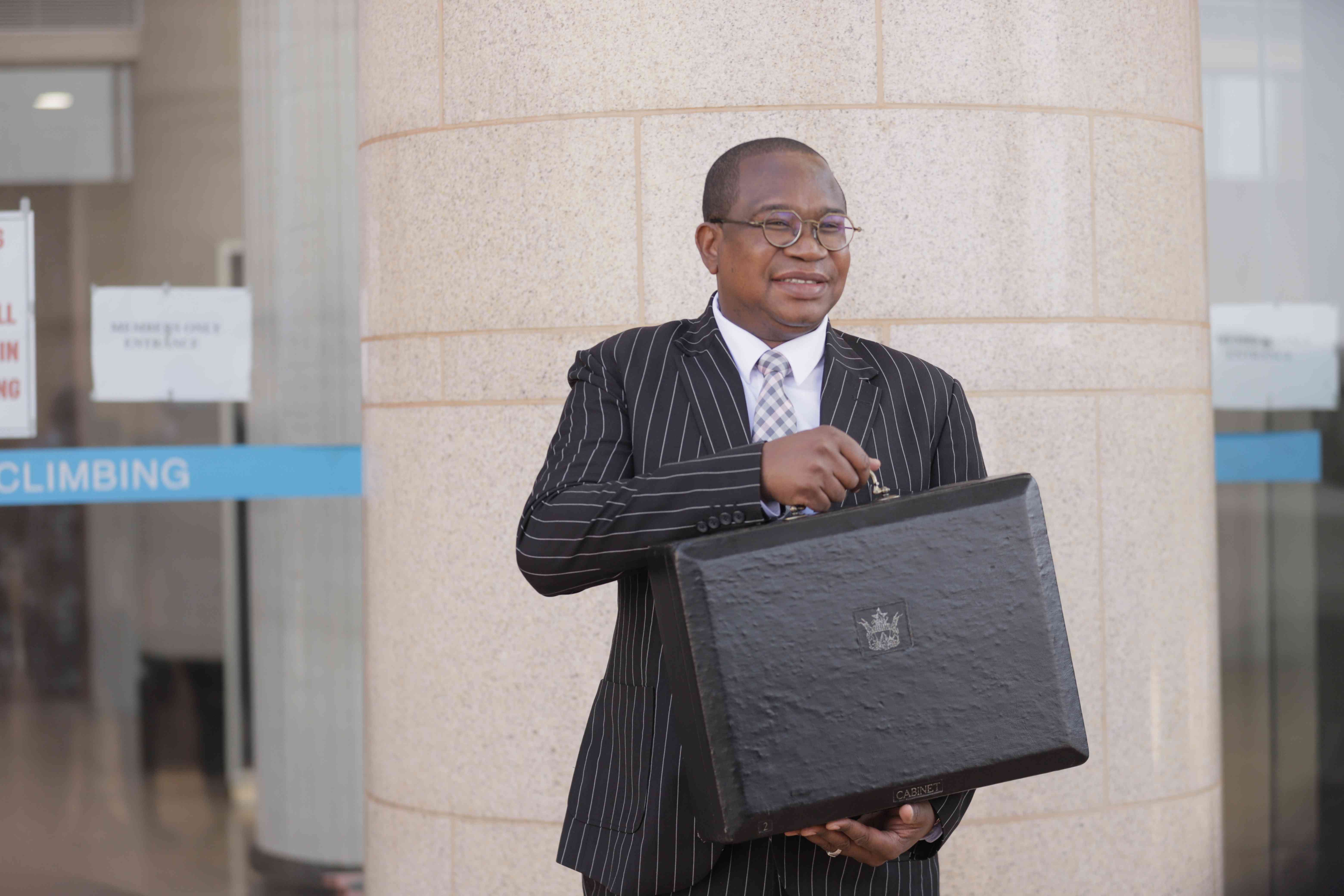
As Finance minister Mthuli Ncube and his team prepare the 2025 national budget, they must be reminded of the need to put Zimbabwe’s most vulnerable groups at the centre to alleviate the suffering among citizens.
This has been another challenging year for Zimbabwean due to one of the worst droughts in living memory and a collapsing economy.
Zimbabwe’s currency woes that started over two decades ago continue unabated — in April this year the government scrapped the RTGs dollar after it was battered by inflation.
In its place, the Zimbabwe Gold (ZiG) currency was introduced, but it has not fared well. It has been losing value even faster than the RTGs.
According to the Confederation of Zimbabwe Industries (CZI), in October month on month inflation jumped to 37.2% after gaining 31.4% points from a rate of 5.8% that was recorded in September.
The surge in inflation was largely attributed to the move by the Reserve Bank of Zimbabwe to devalue the ZiG by a staggering 74%. Economists at the time pointed out that the devaluation would kill confidence in the local currency and this is exactly what happened.
Some businesses are now rejecting the ZiG, leaving the majority of consumers stranded because most of them get paid in local currency.
In addition to the currency crisis, Zimbabweans are enduring the worst electricity shortages with some areas going for over 24 hours without power.
- Mthuli Ncube abandons struggling consumers
- Fears of jobs carnage as crisis deepens
- Fresh warning over bank rate hikes
- Police admit that money changers are untouchable
Keep Reading
These are just some of the problems that every Zimbabwean identifies with and it will take interventions such as the national budget to address them. As such, Ncube must apply his mind when he delivers the fiscal plan.
He will have to deliver a budget that restores confidence in the local currency. The minister has to revisit certain taxes to give business some relief and to breathe life into the economy.
Most young people cannot find jobs while those who are formally employed are not rewarded accordingly because employers are struggling in a comatose economy.
The government’s plethora of taxes are suffocating businesses and they need to be reviewed.
Ncube must priortise service ministries in order for them to offer relief to the multitudes of people suffering from the weight of a devastating drought and an economy that is offering limited opportunities for the ordinary person.
It is against that background that we expect Ncube to put people first in his 2025 budget.









